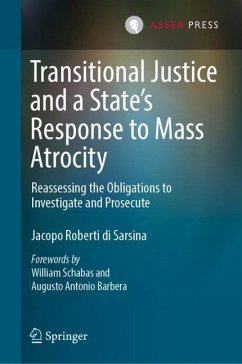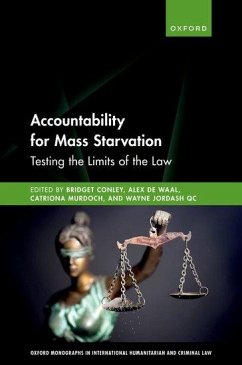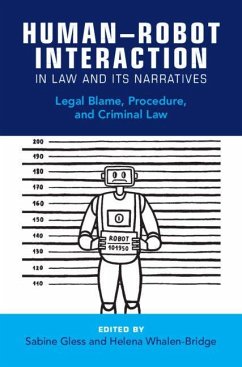
Narratives of Mass Atrocity
Versandkostenfrei!
Versandfertig in über 4 Wochen
119,99 €
inkl. MwSt.
Weitere Ausgaben:

PAYBACK Punkte
60 °P sammeln!
"During the apex of many incidents of mass violence, those involved could not be more intimately connected: a woman encounters her childhood sweetheart as a killer; a child soils his clothes with the blood of relatives; families that lived side by side peacefully for generations are persuaded to turn on one another; a dominant group persecutes and drives out their politically marginalized neighbors. Lives ended or overturned become defined by that violence as much as those wielding its tools-and all suffer the wounds"--














